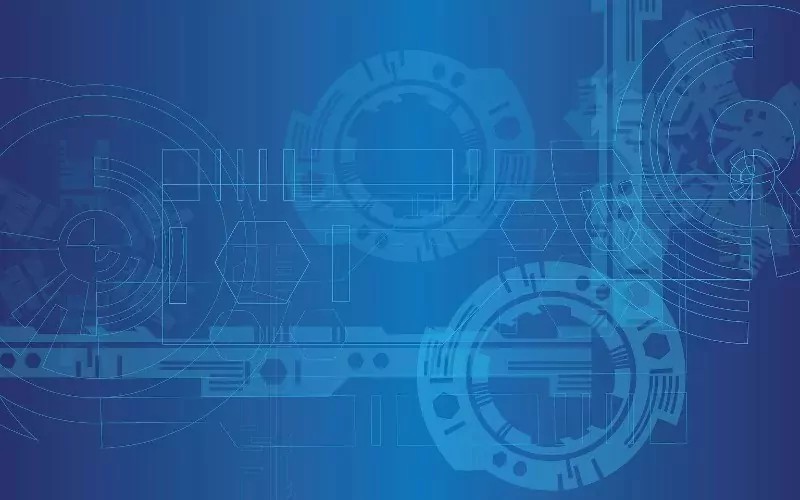As technology evolves at a rapid pace, its impact on various sectors becomes increasingly evident. From labour disputes to groundbreaking discoveries, AI and robotics are reshaping our world.
The intersection of innovation and ethics continues to spark global discussions. These developments lead to significant social, economic, and legal implications. What lies ahead demands our attention.
Technology and Labour in Las Vegas
The culinary workers of Las Vegas are on the brink of a significant industrial action. The clash stems from disputes over the increasing automation within the casino industry. On the cusp of their contract expiration, 50,000 union members are prepared to strike. This potential walkout marks the most substantial unrest since 1984. The impact of innovation on employment remains a pivotal concern.
The Culinary Union argues that while technological advancements can improve job quality, they can also eliminate roles, which is unacceptable for many workers. Culinary Union secretary-treasurer Geoconda Argüello-Kline emphasised the need to maintain the human aspect of service, resisting automation that simply displaces jobs without enriching employment conditions. The countdown to the union contracts’ expiration continues.
Differing Views on Artificial Intelligence
The discourse on AI’s future is divided. Former Google CEO Eric Schmidt has refuted Tesla CEO Elon Musk’s warnings about AI. While Musk has described AI as a potential existential threat, Schmidt argued at the VivaTech conference that AI offers unmatched benefits, enhancing human intelligence and capabilities. Drawing parallels with historical technologies, he stressed that the misuse of technology shouldn’t hinder its development.
Schmidt’s perspective challenges the fear-driven rhetoric surrounding AI. He suggests that managing potential risks is essential, but innovation should not be curtailed. This contention between two tech giants highlights the ongoing debate over AI’s place in society, prompting a broader examination of its capabilities and ethical implications.
Samsung’s New AI Research Initiative
Samsung Electronics is making significant strides in AI research with the inauguration of their new lab in Cambridge. Chaired by Professor Andrew Blake, the facility aims to advance ‘user-centric AI’. The lab represents a step forward in fundamental AI research and fosters collaboration with leading UK academic institutions.
The initiative supports Samsung’s mission to enhance its AI capabilities. By establishing this state-of-the-art research hub, Samsung not only elevates its research potential but also bridges a crucial link between industry and academia. This move epitomises the fusion of commercial objectives with academic excellence.
Samsung’s endeavour is set to explore varied dimensions of AI, pushing boundaries that could redefine interactive technologies. The lab’s focus on user-centric AI highlights a commitment to developing applications that integrate seamlessly into daily life while maintaining user trust and engagement.
The Future of Robot Rights
The concept of robot rights is gaining traction, with predictions indicating that robots may soon require legal recognition. Roboticist Dr David Hanson anticipates that androids will achieve civil rights status within decades. By 2029, he foresees AI attaining the intelligence level of a human toddler.
Hanson’s vision extends to robots having similar legal standing as humans by 2045. This proposition raises ethical and legal questions about the intersection between man and machine. While this future seems dystopian for some, this evolving dialogue is crucial in navigating the implications of advancing robotic technologies.
Historic Shipwreck: A Robotic Discovery
The discovery of the San José shipwreck by the REMUS 6000 robotic submarine has added a significant chapter to maritime history. This robotic triumph highlights the technological capabilities in underwater exploration. Valued at an astonishing $17 billion, the treasure aboard the San José was intended to fund 18th-century warfare.
The Woods Hole Oceanographic Institution’s REMUS 6000 has previously been instrumental in other high-profile discoveries, including the Air France 447 and Titanic wreckages. Its ability to uncover the once-hidden treasures underscores the transformative power of robotics in unveiling history’s mysteries.
With such technological advancements, the possibilities for future explorations seem boundless. The fusion of robotics with archaeology not only enriches historical understanding but also exemplifies the potential of machine-led discoveries in reshaping our comprehension of the past.
Revolutionising Healthcare Through AI Data Science
The partnership between the Alan Turing Institute and Royal College Hospital London is poised to transform NHS operations. Leveraging AI and data science, this collaboration aims to address pressing challenges in healthcare delivery. A focal point is improving the efficiency of A&E departments, providing a benchmark for overall hospital performance.
This strategic alliance will harness cutting-edge technology to revolutionise patient care. By streamlining decision-making processes, the initiative seeks to alleviate pressure points within the NHS, ensuring better outcomes for patients. This represents a forward-thinking approach to healthcare innovation.
The integration of data science into healthcare practices is a paradigm shift, promising enhanced service delivery and optimised resource utilisation. Such collaborations epitomise the synergy between technology and healthcare, underscoring the transformative impact of AI-driven solutions.
Innovations in Robotic Technology
Remarkable strides are being made in robotic technology. Developments at Switzerland’s École Polytechnique Fédérale De Lausanne have resulted in super-elastic fibres, perfect for smart clothing and artificial nerves. These advancements herald a new era of multifunctional robotic applications that mimic biological functions effectively.
AI and robotics are unquestionably transforming industries. As we navigate these developments, balancing innovation with ethical considerations remains crucial.
The potential of these technologies is vast. Our role is to ensure their integration enriches rather than disrupts societal frameworks.


